US presidential candidate Robert F Kennedy Jr has revealed that he suffered from memory loss and brain fog owing to a worm ‘entering his brain, eating a portion of it and then dying’. Experts note that these instances are most common in rural areas worldwide with less rigorous sanitation and hygiene measures. But can such a worm be fatal? read more
)
Robert F. Kennedy Jr made a shocking claim on Wednesday, saying that a worm ate a portion of his brain over a decade ago. File image/Reuters
The United States presidential elections are months away and it’s mostly been seen as a contest between incumbent Joe Biden and Republican frontrunner Donald Trump. Robert F Kennedy Jr, who is also in the running for the White House, has largely been side-lined. However, on Wednesday (8 May), he got into people’s brains when he told the New York Times that he a parasite in his brain, which had caused memory loss and severe brain fog more than a decade ago.
Soon after, the report was published and made available, people began talking about brain worms — how common are they and how can you protect yourself from them. Late night US talk show hosts such Stephen Colbert also mention Kennedy’s brain worm, saying: “I just want to say to any RFK Jr fans who might be watching, do not despair. Just because he has sworn in a deposition that he has parasitic brain damage doesn’t mean he’s going to drop out, because Bobby Kennedy Jr does not know the meaning of the word ‘quit’ — ’cause that information was in the part of the brain that the worm ate.”
As the buzz continues on RFK’s brain worm, let’s take a closer look at what are these parasites and how they affect people.
What worm ate RFK’s brain?
The news of a brain worm in Robert F Kennedy Jr came courtesy a 2012 deposition reviewed by the New York Times. In that, the 70-year-old had said that in 2010 he was experiencing memory loss and mental fogginess so severe that a friend grew concerned he might have a brain tumour. On further medical investigations, several doctors noticed a dark spot on his brain and concluded that he had a tumour.
However, there was one doctor at New York-Presbyterian Hospital who had a different opinion; he believed that Kennedy had a dead parasite in his head. Kennedy in his deposition said that the doctor believed that the abnormality seen on his scans “was caused by a worm that got into my brain and ate a portion of it and then died”.
In his 2012 deposition, the Independent candidate also said that at the same time of being diagnosed with the worm, he suffered from mercury poisoning.
Speaking to New York Times, he then said that he had recovered from the memory loss and fogginess and had no after-effects from the parasite, which he said had not required treatment.
The report doesn’t mention what parasite was in his brain or where it came from. However, Kennedy suspects he might have contracted it during his South Asia trip. In an interview to a web radio show, he, however, stated that the infection was neurocysticercosis and that the parasite “comes from eating undercooked pork”.
Are brain worms real?
For those who think this whole episode is a joke, think again. Doctors note that brain parasites are real and quite widespread.
According to America’s Centres of Disease Control and Prevention (CDC), an estimated 11 per cent of the US population, six years and older, has been infected with toxoplasmosis, an infection caused by a parasite called Toxoplasma gondii, which infects your brain. Globally, that number is as high as 60 per cent. “Infection is often highest in areas of the world that have hot, humid climates and lower altitudes,” the CDC writes.
And it’s not just one type of parasite that affects the nervous system. There are other parasites such as cerebral malaria, neurocysticercosis, and neuroschistosomiasis. There are also tapeworms that can travel from your gut to your brain, though that’s rare.
Furthermore, there’s Naegleria fowleri , aka the “brain eating amoeba,” which lives in soil and warm fresh water, such as lakes, rivers, and hot springs. That one can cause a brain infection when water containing it goes up a person’s nose.
Experts note that such cases of parasites in the brain are more common in rural areas around the world with less rigorous sanitation and hygiene measures.
Do they really eat the brain?
But can these worms actually eat the brain, as Kennedy claimed? Dr Janina Caira, a University of Connecticut professor and tapeworm specialist, said that the worm couldn’t have eaten his brain. “There’s no way the larvae could have consumed Kennedy’s brain tissue.” In a Business Insider report, she explained that the larvae don’t have mouths or digestive systems. Instead, they absorb nutrients through the surface of their bodies.
Dr Michael Schulder, professor and vice chair of neurosurgery at Northwell Health in New York was also of the same opinion. In a TIME report, he said that the parasite does not eat the brain.
Dr Peter Hotez, an infectious disease expert and Dean for the National School of Tropical Medicine at the Baylor College of Medicine in Houston, speaking to CNN, said, “The worms are not feeding the brain. They are living in the brain,” Dr Hotez said. The worms get nutrients from the body, but they are not eating the brain tissue.”
However, worms can affect the body. Depending on where the parasite lodges itself in, the patient could either be entirely asymptomatic or experience headaches and seizures. Memory loss and cognitive problems of the kind Kennedy described in his deposition would be rare, opined Dr Edward Jones-Lopez, an infectious-disease specialist with Keck Medicine of USC in a Los Angeles Times report.
People diagnosed with the case of neurocysticercosis experience seizures, and, in some cases, need to be on anti-seizure medication for a long time because when the worms die, they form a calcified cyst in the brain that can cause the brain to release inflammatory chemicals called cytokines.
Experts are also researching if brain worms can, indeed, cause memory problems and dementia. Dr Hotez said the matter is still being studied.
In the rarest of rare cases, brain worms can kill a person. In a 2019 study, toxoplasmosis deaths made up less than one-tenth of a per cent of the total deaths recorded in 37 hospitals studied by researchers, being attributed to just 188 out of 247,976.
How do I protect myself from brain worms?
Experts note that good hygiene and food preparation practices are of utmost importance. Firstly, avoid undercooked or raw pork. Doctors state that to protect ourselves one must avoid pork if travelling to places with poor sanitation.
Besides the handling of food, medical experts also urge people not to dive into warm fresh bodies of water, especially if they are known to carry Naegleria fowleri. Also, practice good hand hygiene to reduce the risk of infections. Wash hands thoroughly, using soap and scrubbing for 20 seconds. Also, cut your nails regularly and avoid any type of build-up there.
Lastly, also wear shoes when in the mud, especially in rural and remote regions and leave them outside the house.
With inputs from agencies

 4 months ago
49
4 months ago
49

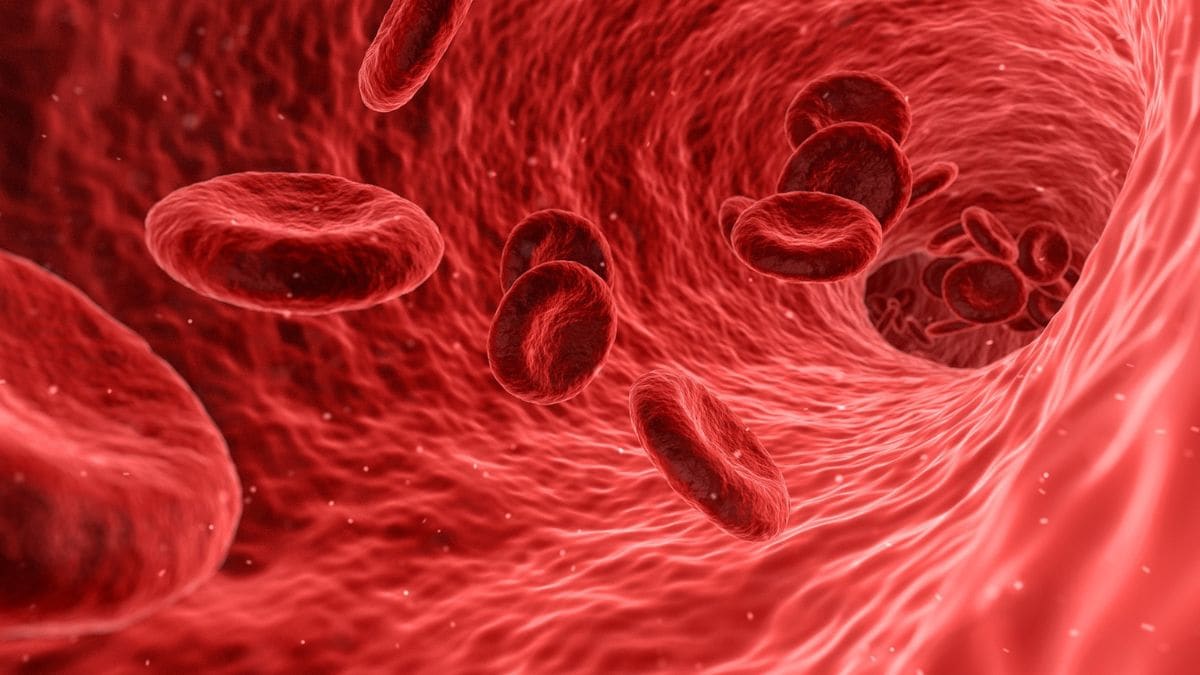
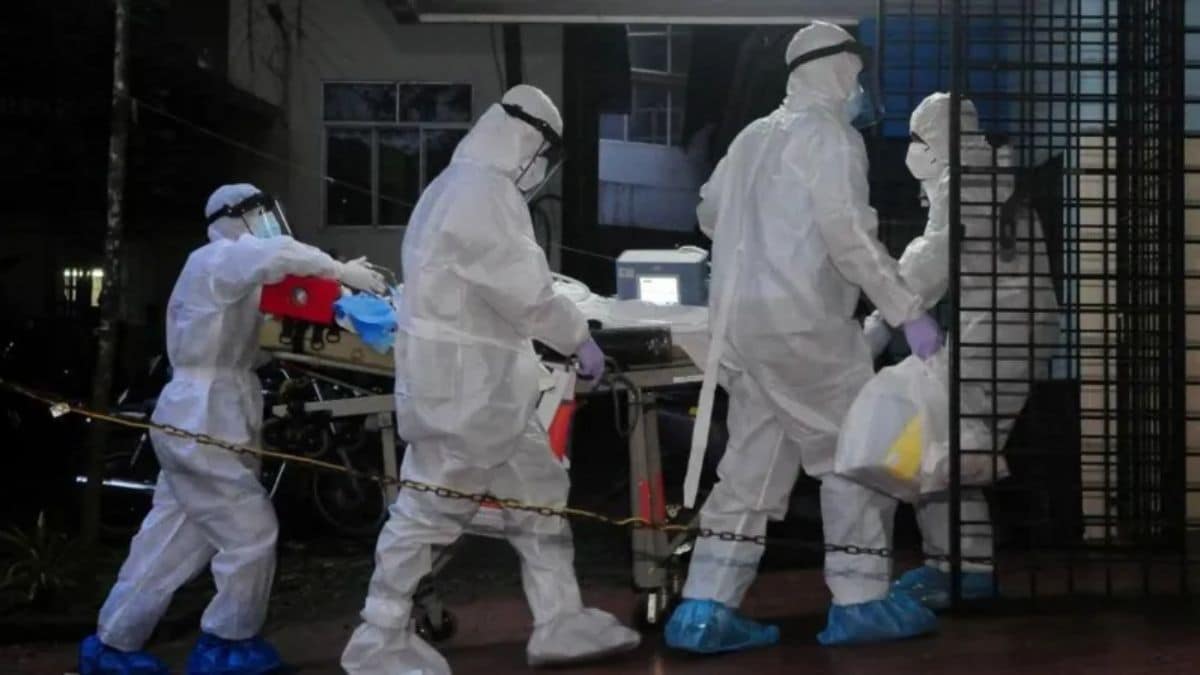
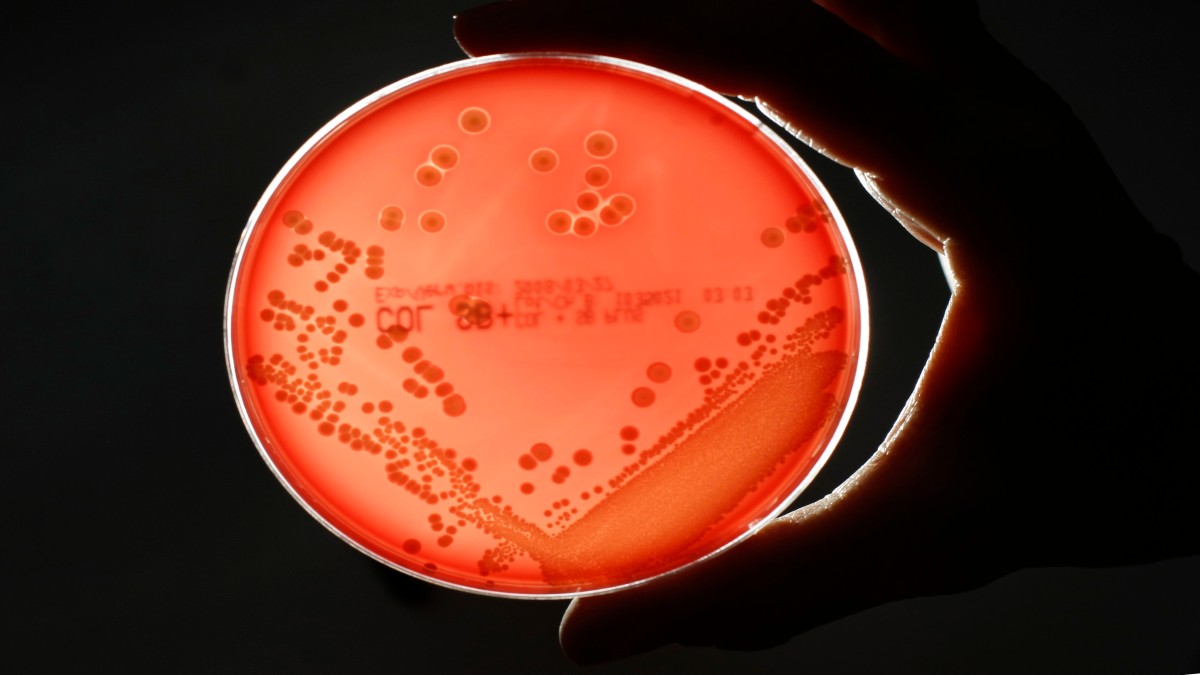



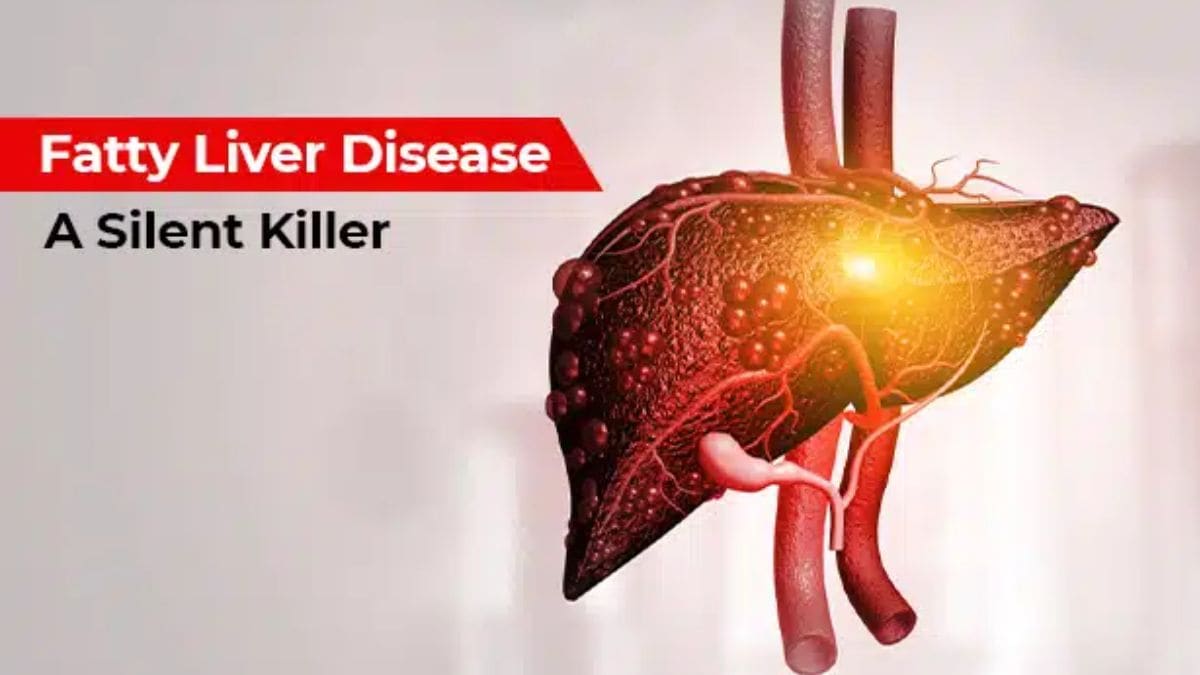

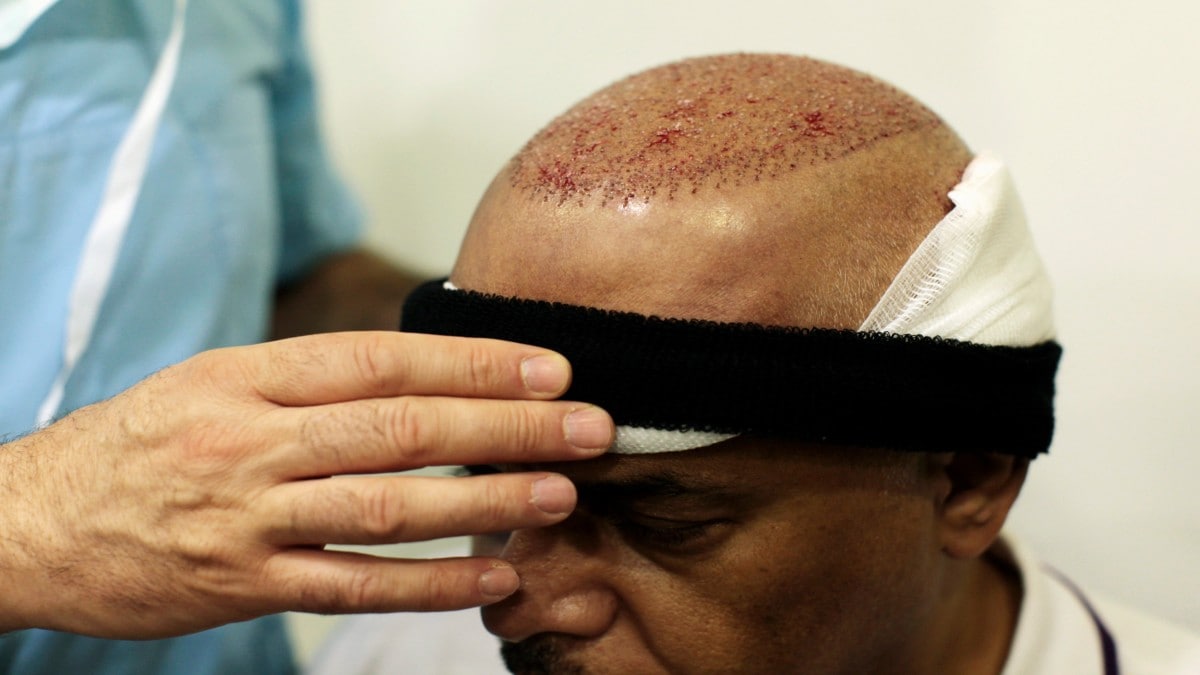


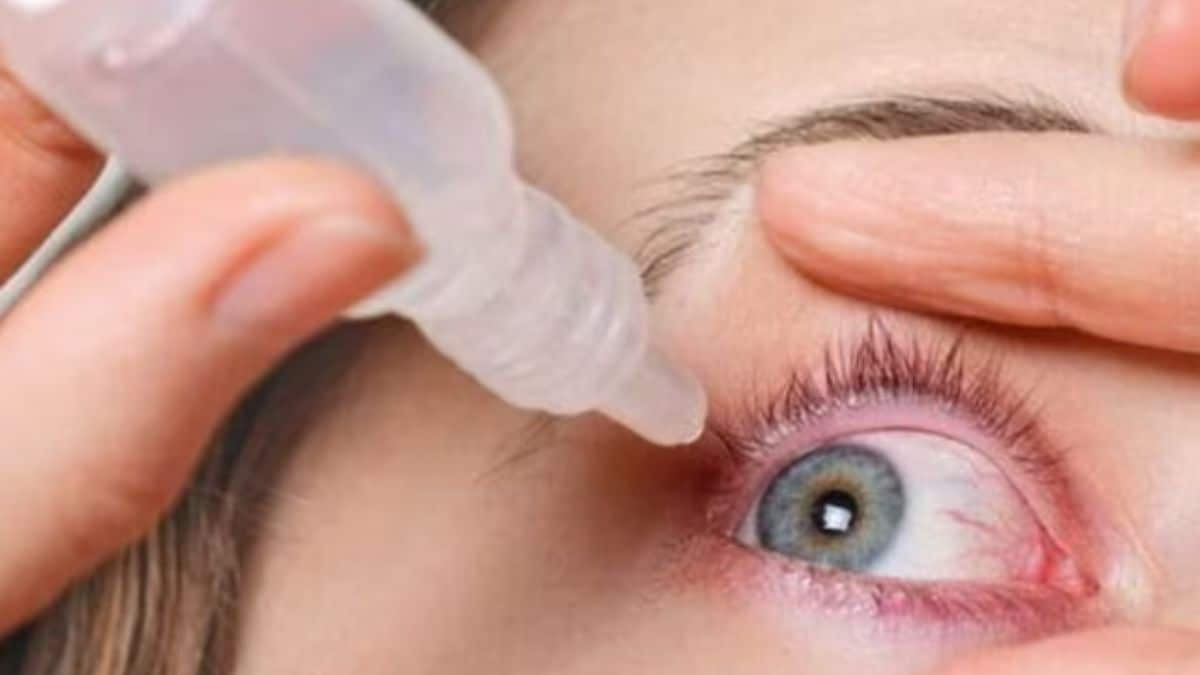


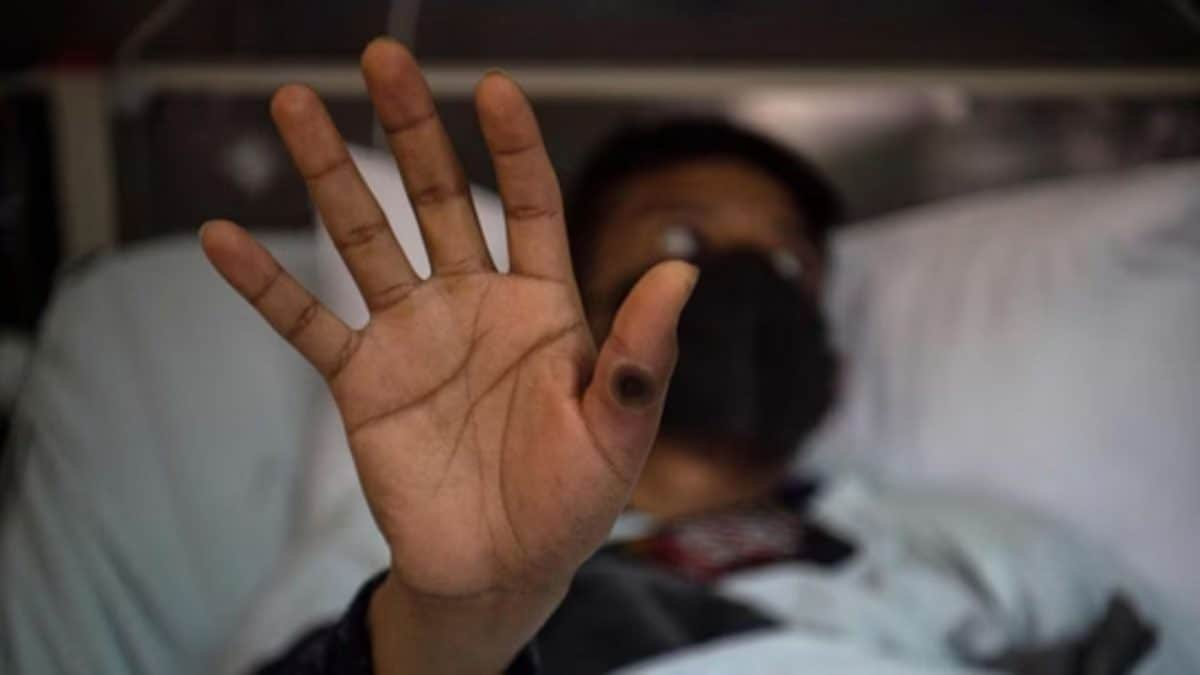


)
)
)
)
)
)
)
 English (US) ·
English (US) ·